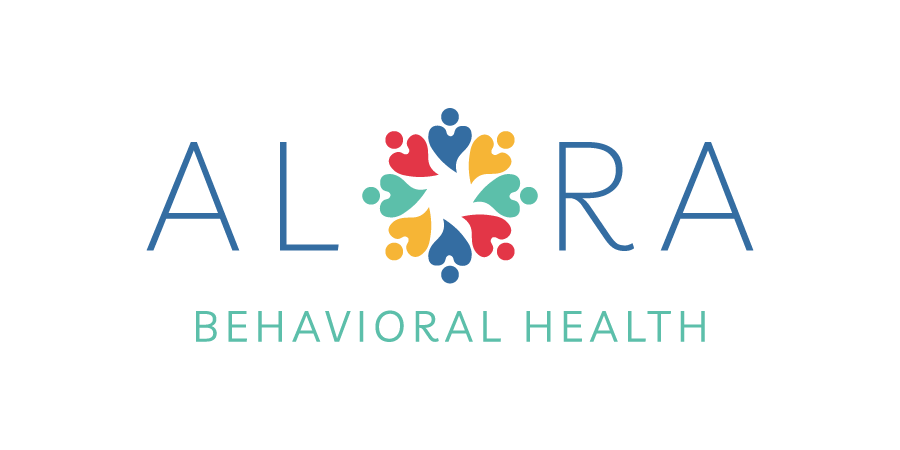For parents of children with autism spectrum disorder (ASD) or other developmental disabilities, the search for effective treatment can feel overwhelming. You may have come across the term ABA therapy, but what exactly is it, and how can it benefit your child?

Alora Behavioral Health is here to guide you on this journey. In this blog post, we’ll provide a clear and concise overview of ABA therapy, its core principles, and how it can support your child’s growth and development.
What is ABA Therapy?
Applied Behavior Analysis (ABA) is a scientific approach to understanding and improving behavior. ABA therapy utilizes positive reinforcement to encourage desired behaviors and gentle redirection to address challenging ones. This evidence-based therapy is highly customizable, allowing therapists to create individualized programs that meet each child’s unique needs and goals.
Core Principles of ABA Therapy
There are three main principles that form the foundation of ABA therapy:
- Antecedent (Antecedents): This refers to the events or situations that occur before a particular behavior. Identifying these antecedents allows therapists to create strategies to prevent challenging behaviors before they arise.
- Behavior: This is the specific action or response we are focusing on.
- Consequence (Consequences): These are the outcomes that follow a behavior. In ABA therapy, positive reinforcement is used to strengthen desired behaviors.
How Can ABA Therapy Benefit Your Child?

ABA therapy can address a wide range of needs in children with ASD and other developmental delays. Some of the core areas where ABA therapy can be beneficial include:
- Communication Skills: Developing functional communication skills like requesting needs, responding to questions, and initiating conversations.
- Social Skills: Learning appropriate social interaction skills, such as turn-taking, sharing, and making eye contact.
- Daily Living Skills: Building independence by teaching self-care skills like dressing, toileting, and eating.
- Reduction of Challenging Behaviors: Developing strategies to manage tantrums, meltdowns, and other challenging behaviors.
Getting Started with ABA Therapy
If you’re considering ABA therapy for your child, Alora Behavioral Health can help. We offer in-home comprehensive and focused ABA services. We encourage you to visit our website at [Alora Behavioral Health] to learn more about our services and how we can support your child’s journey.
Remember, you are not alone in this journey. Alora Behavioral Health is here to partner with you and your child every step of the way.


